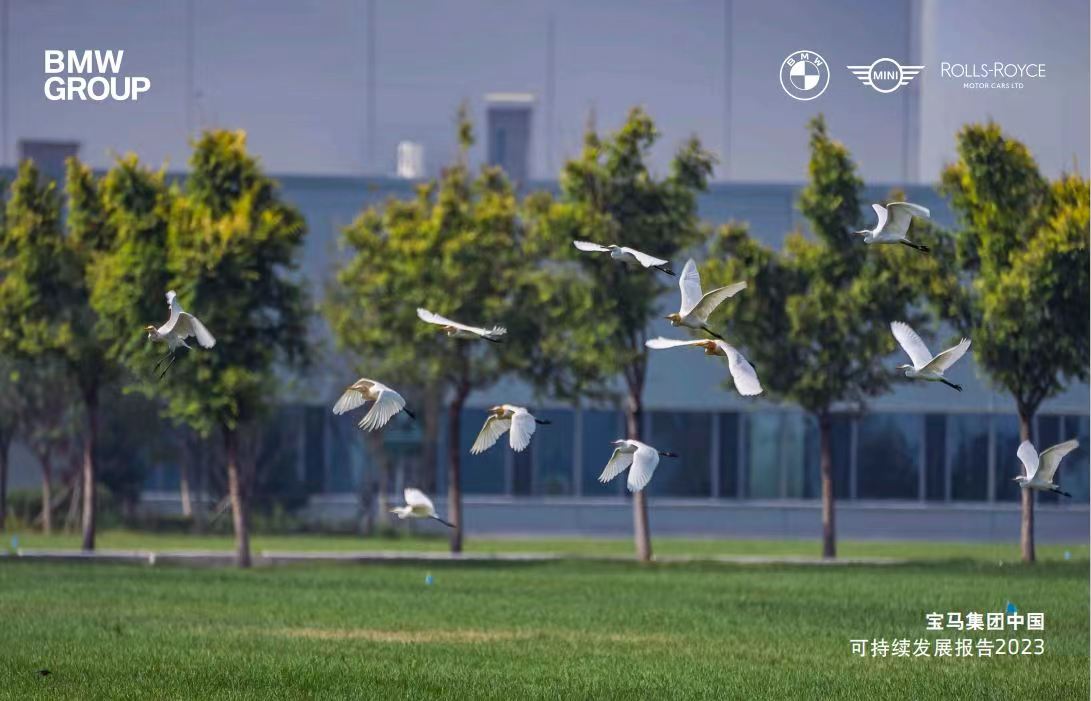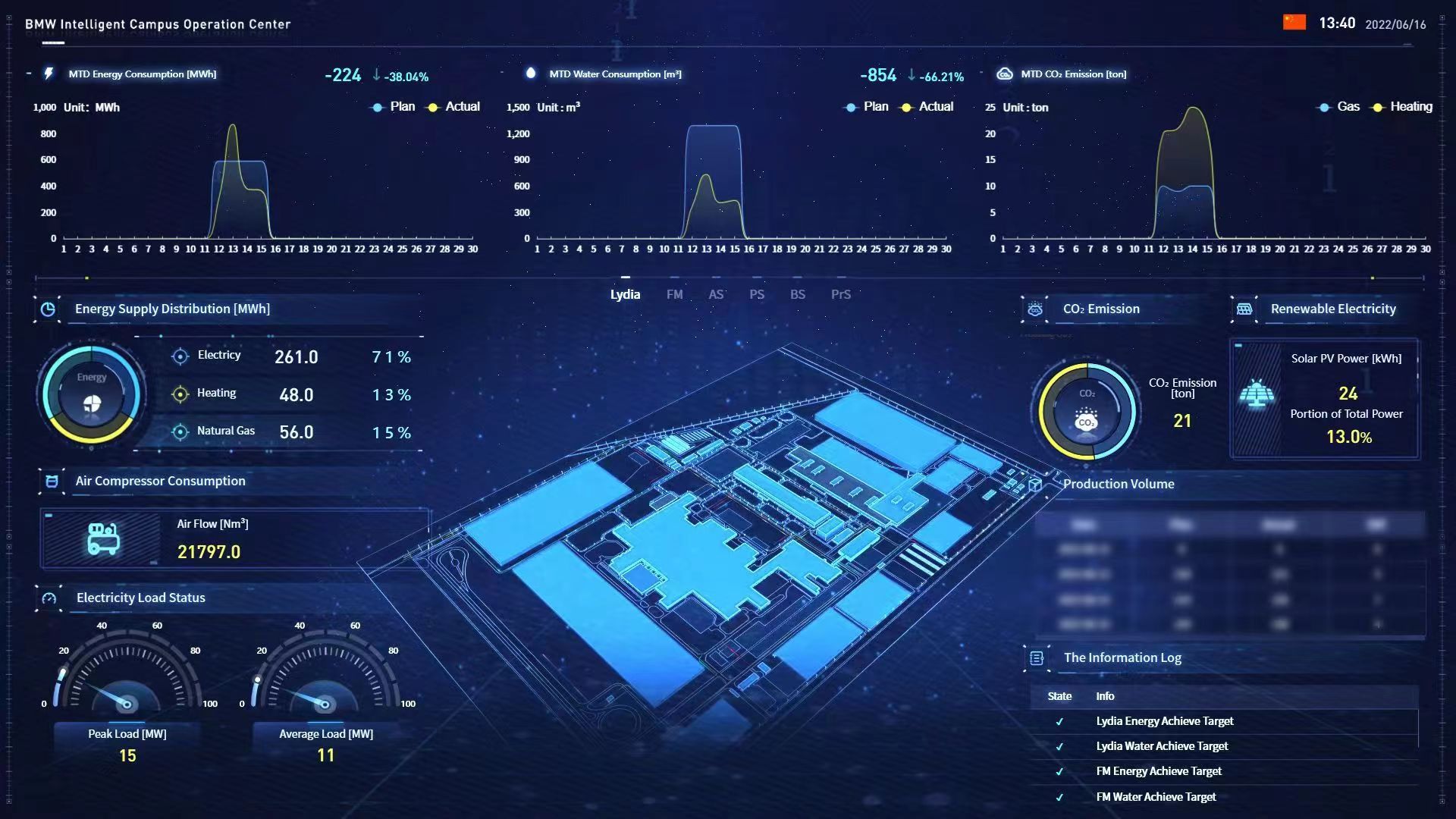On July 17th, BMW Group released the “BMW Group China Sustainability Report 2023,” showcasing its action and achievements in the realm of sustainability.

Since the first issuance of the sustainability report in 2013, BMW has maintained an ongoing public discourse of their practices in environmental protection, low-carbon supply chains, talent development, corporate social responsibility for 11 consecutive years.
Gao Xiang, President and CEO of BMW Group Greater China, stated that BMW adheres to its long-term strategy, providing customers with smart and accountable mobility experiences. By 2024, BMW will launch more than 20 new models in China, further advancing electrification and intelligentization.
Among these new cars, BMW i5, made with eco-friendly material Veganza, has undergone 994 software tests and 155 hardware tests to solidify its performance and reliability. It also features a matte pure gray personalized paint. Using an Automated Optical Inspection (AOI) robot, this ensures its appearance remains flawless. Other new models include the BMW i7 M70L, the plug-in hybrid BMW XM Label Red limited edition, and the domestic pure electric BMW iX1.

BMW has also elevated its research and development and manufacturing, driving sustainability and technological advancement. The Shenyang production base has installed solar photovoltaic generating capacity reaching 89.8 megawatts. The water consumption per unit of production has dropped to 1.72 cubic meters, and carbon dioxide emissions are 0.18 tons. BMW plans to achieve a zero landfill waste goal by 2024.
BMW established a new R&D center in Shanghai and initiated the expansion of the second phase of the Shenyang R&D center, thus enhancing its technical research and development capabilities in the Chinese market. BMW is also advancing its 6th-generation power battery project with a total investment of 10 billion yuan. This project will enhance the energy density and charging efficiency of batteries, providing technical support for BMW’s electrification strategy.

In the construction of green supply chains and charging networks, BMW implemented a 100% renewable power usage strategy and collaborated with local suppliers to recycle over 82,000 tons of scrap steel and 1,000 tons of raw material from power batteries. BMW’s public charging network covers over 320 cities nationwide, incorporating over 580,000 public charging stations. Through the MyBMW APP, BMW has introduced the “Plug and Charge” feature, which saw a surge in orders exceeding 300% in 2023.BMW has initiated the dealership green transformation plan. By the end of 2023, over 250 BMW dealerships have obtained the “Green Star Leadership” certification. To enhance the convenience of battery recycling services, as of the first half of 2024, over 80% of BMW dealerships have set up battery recycling service points in accordance with national standards. It is expected that all BMW dealerships will complete this installation by the end of 2024.
BMW has incorporated sustainable development concept into their operation, mobilizing upstream and downstream partners to collectively promote the green transformation.
This article is a translation by AI of a Chinese report from 42HOW. If you have any questions about it, please email bd@42how.com.